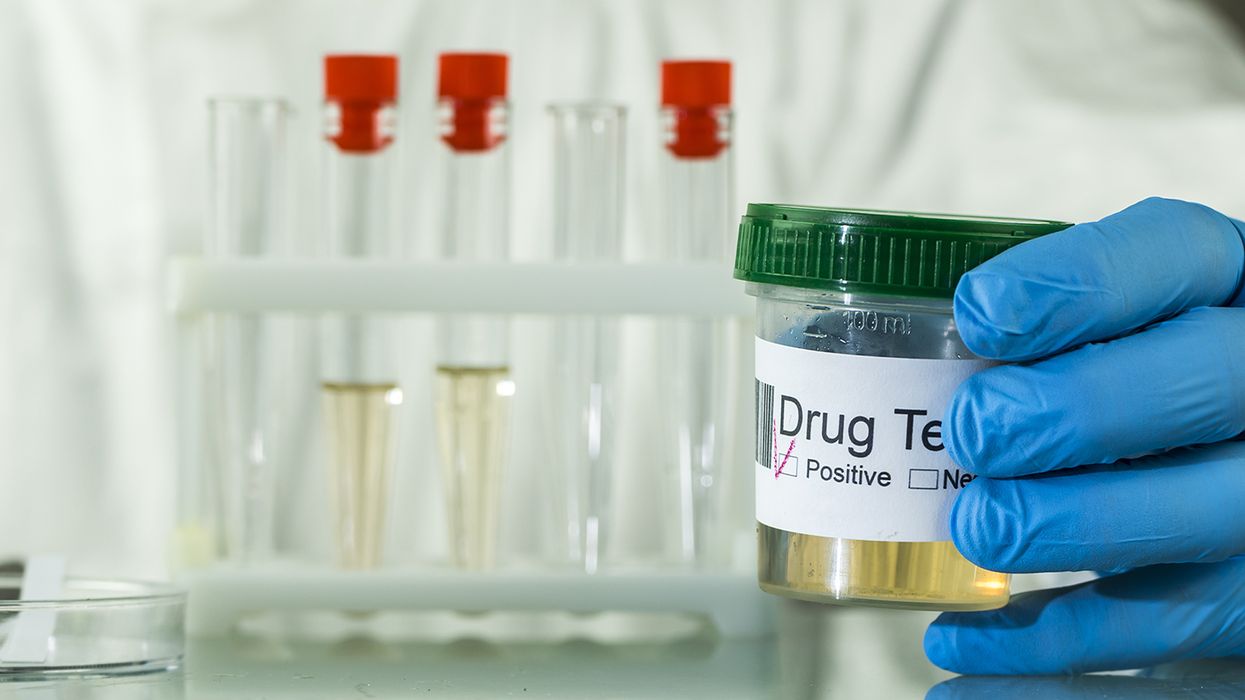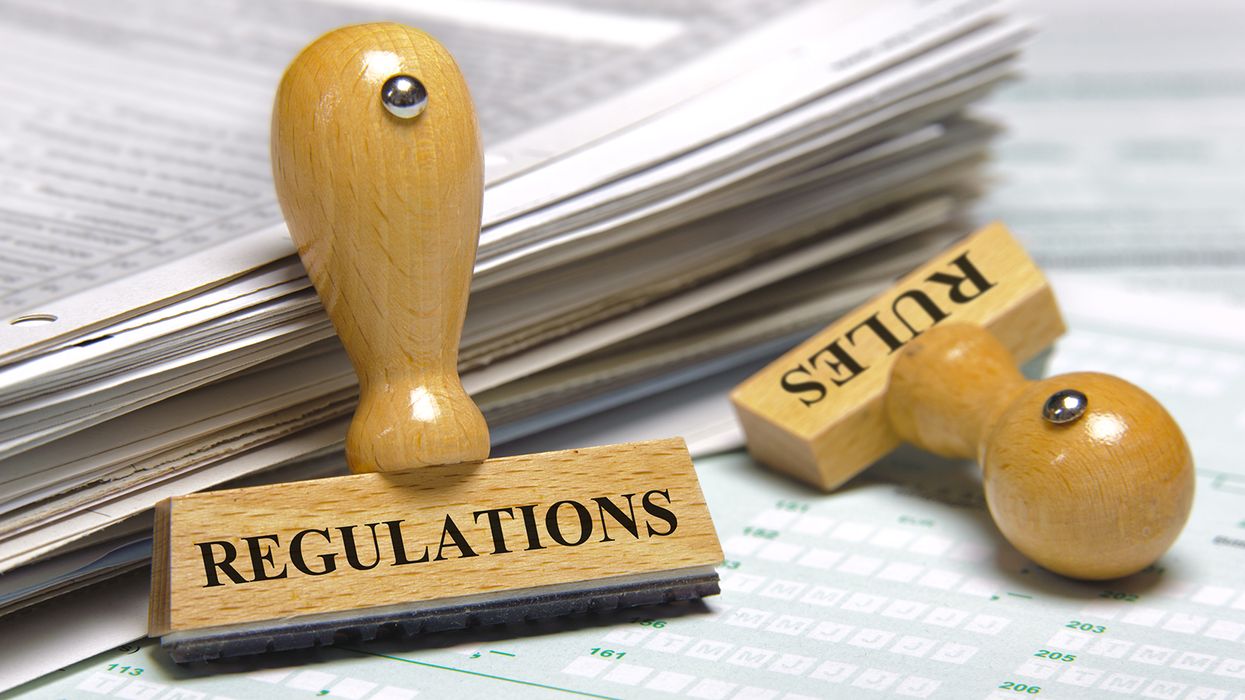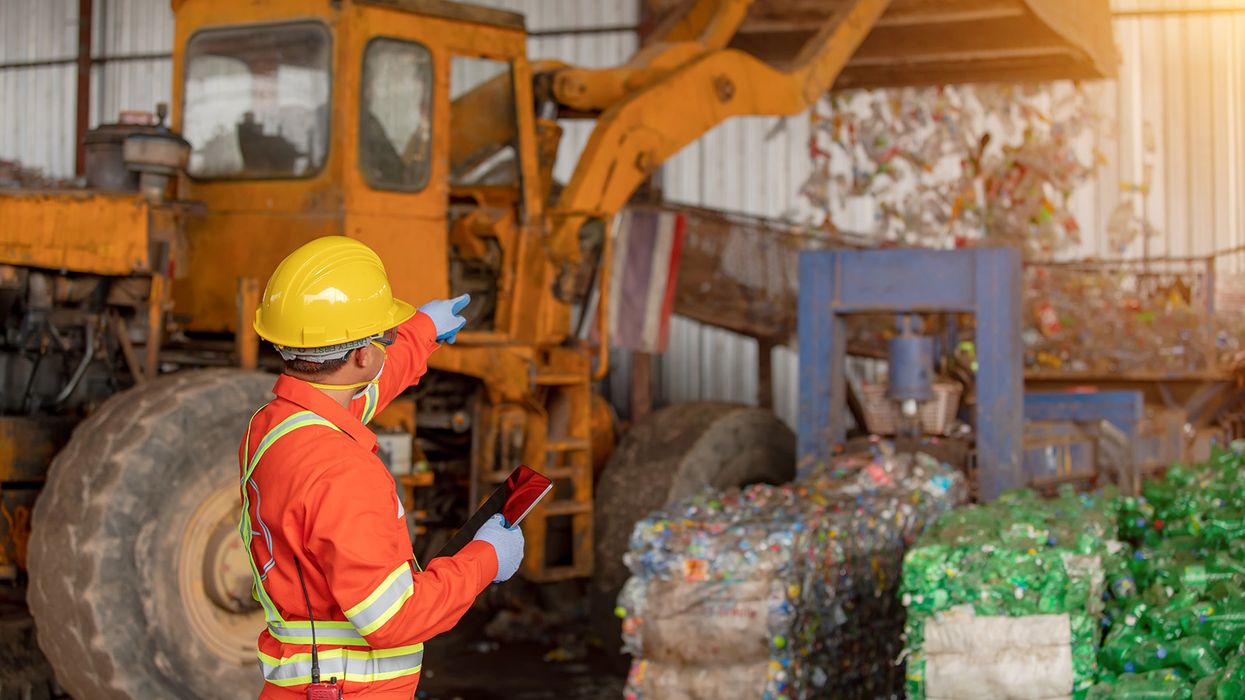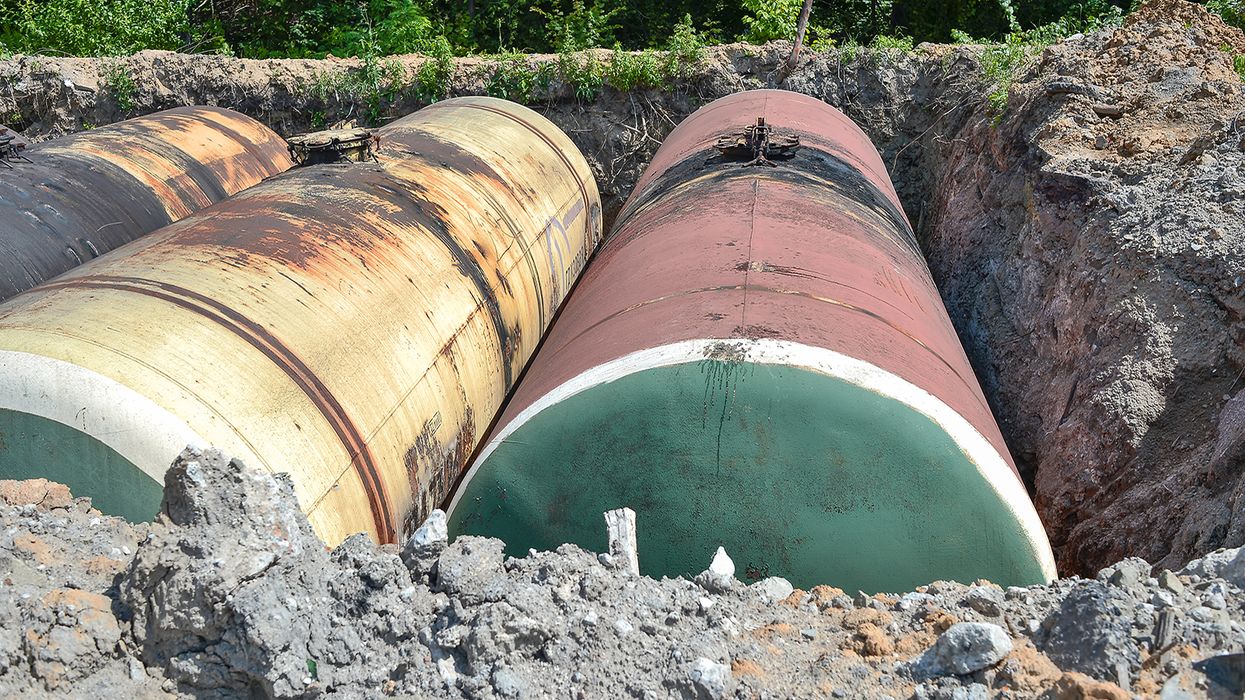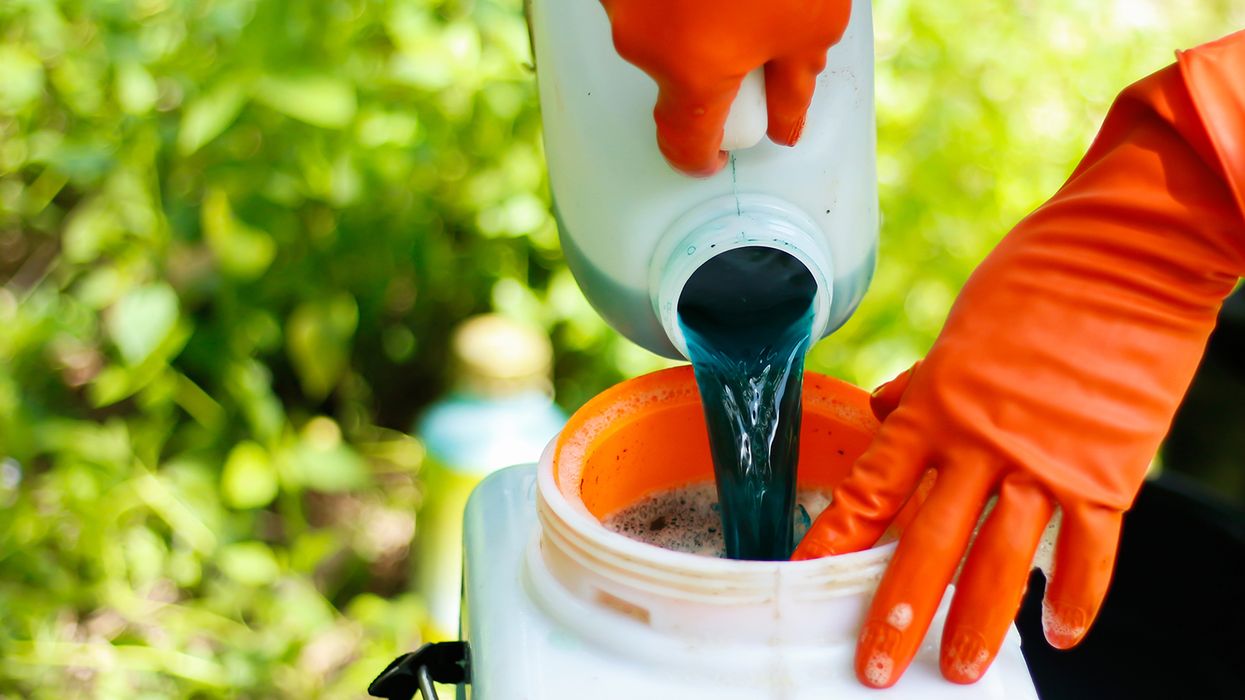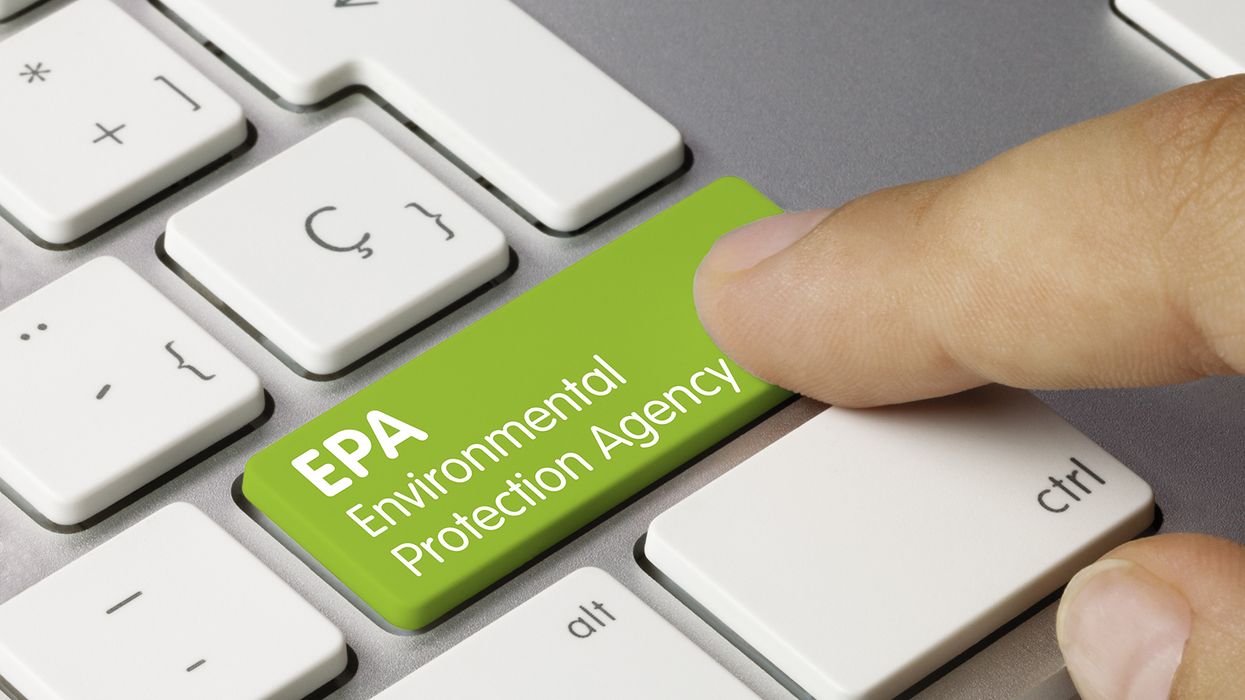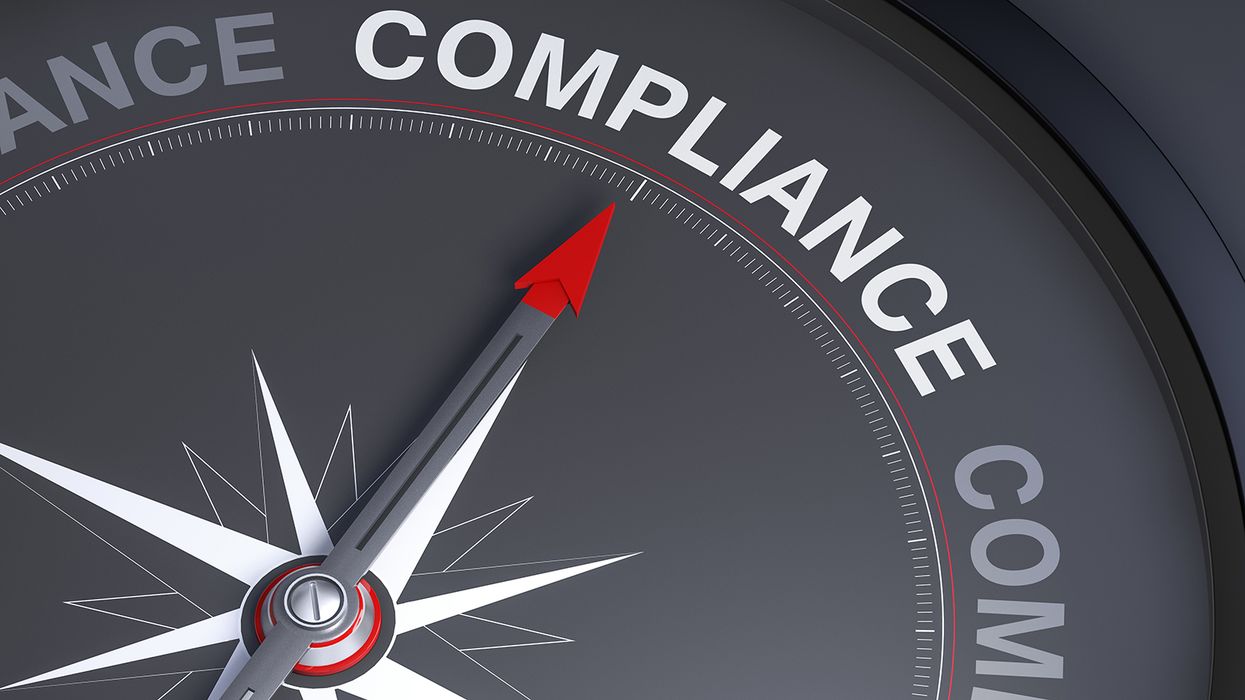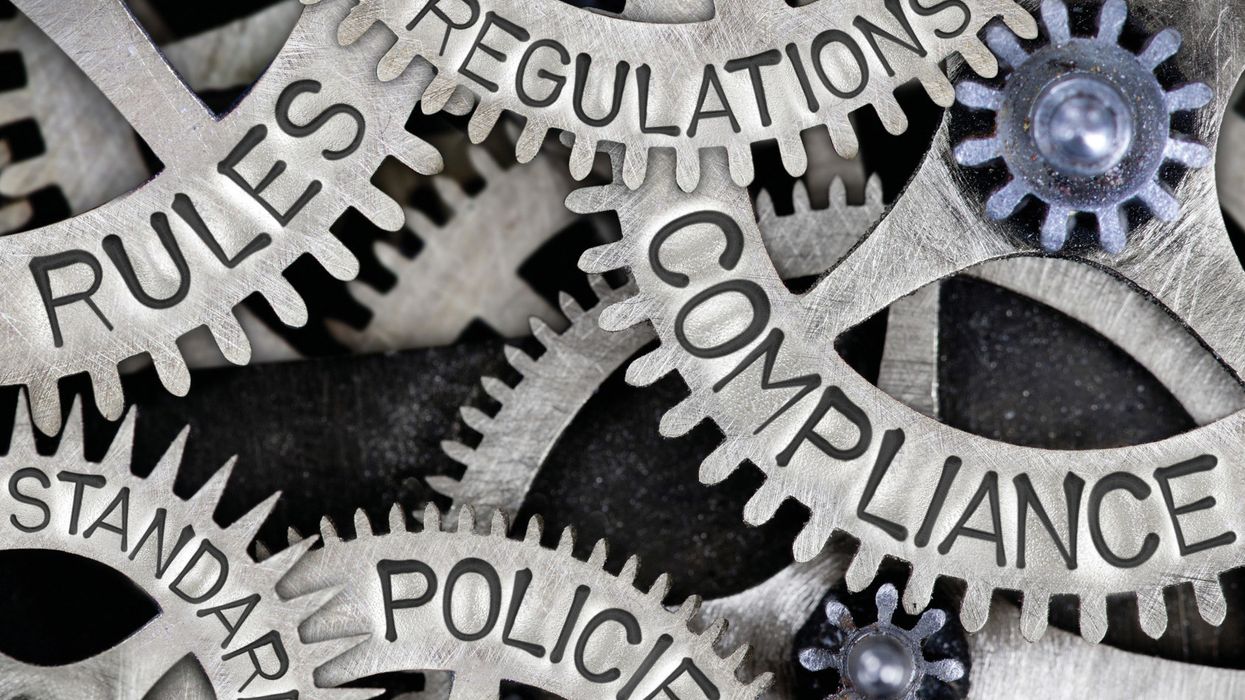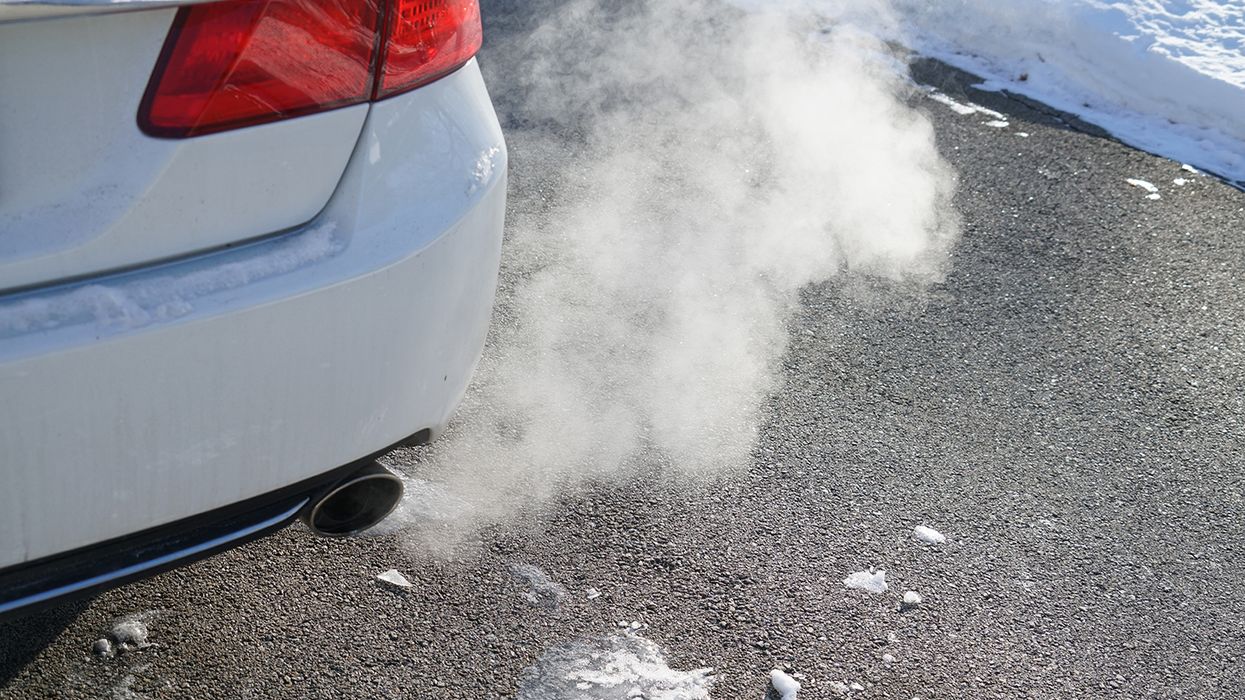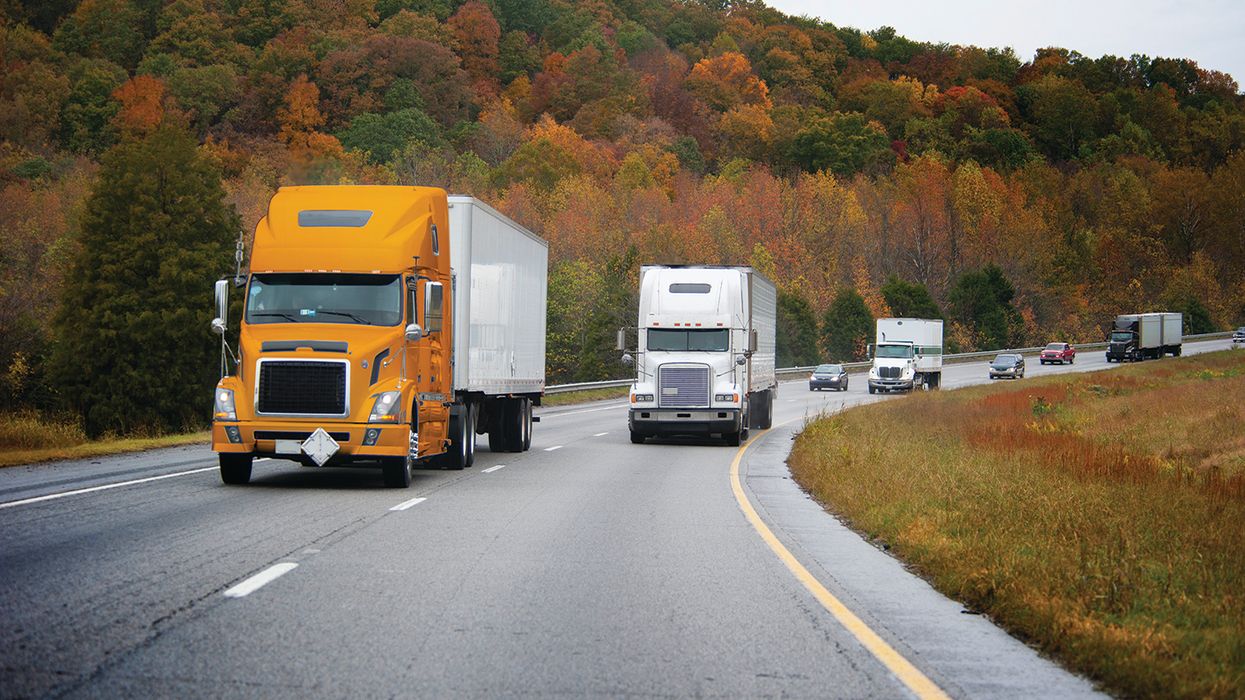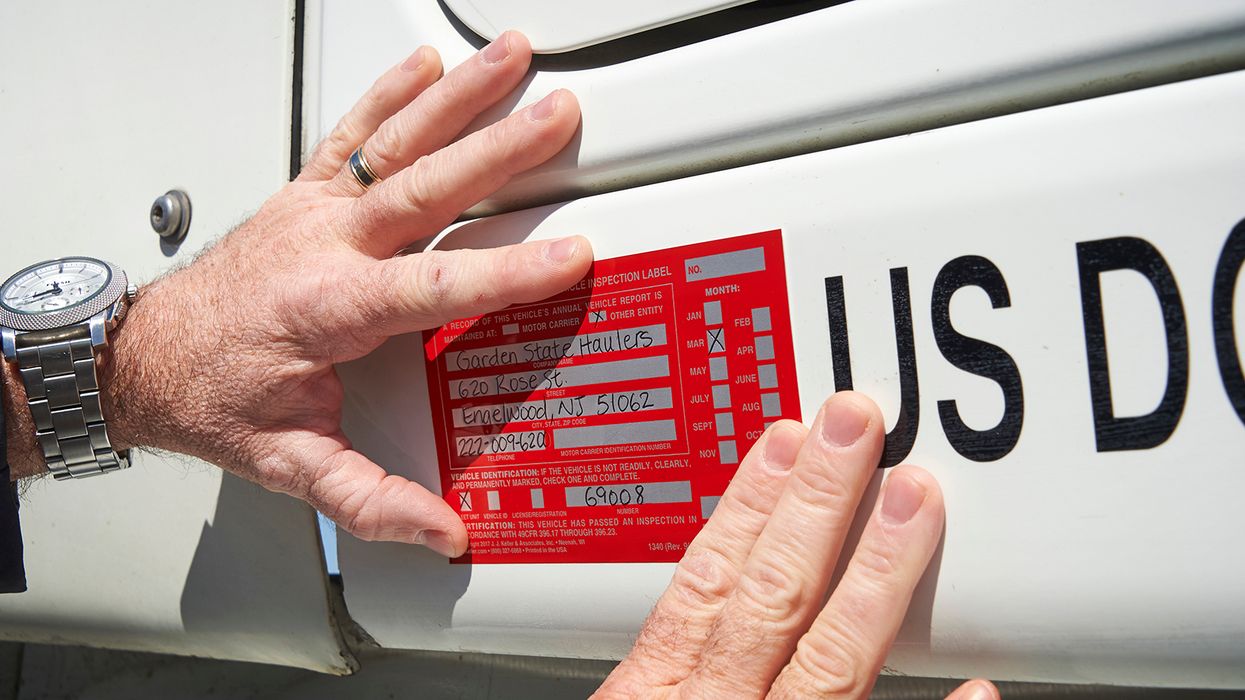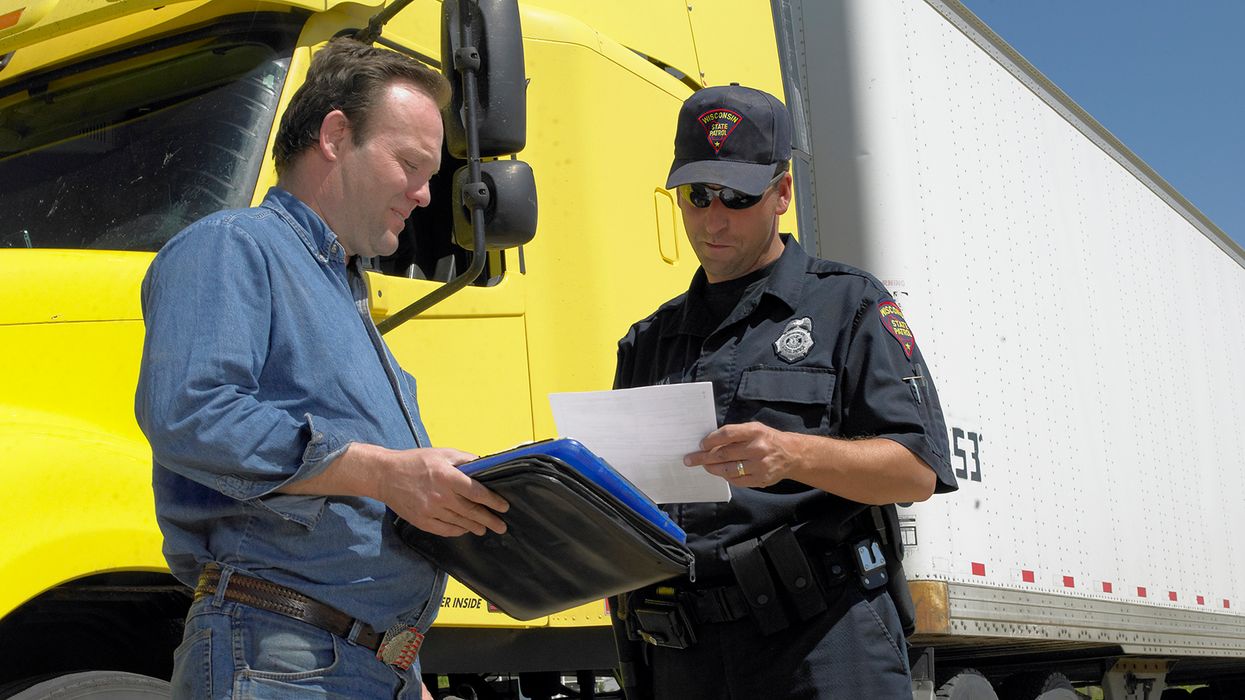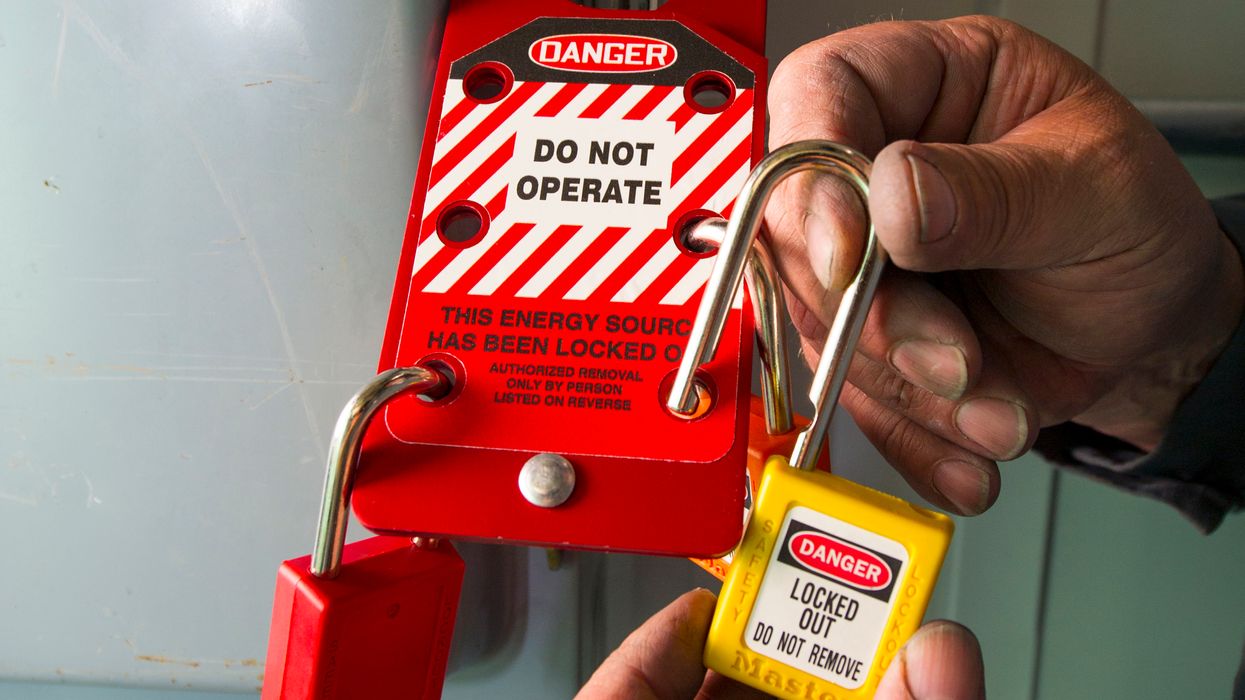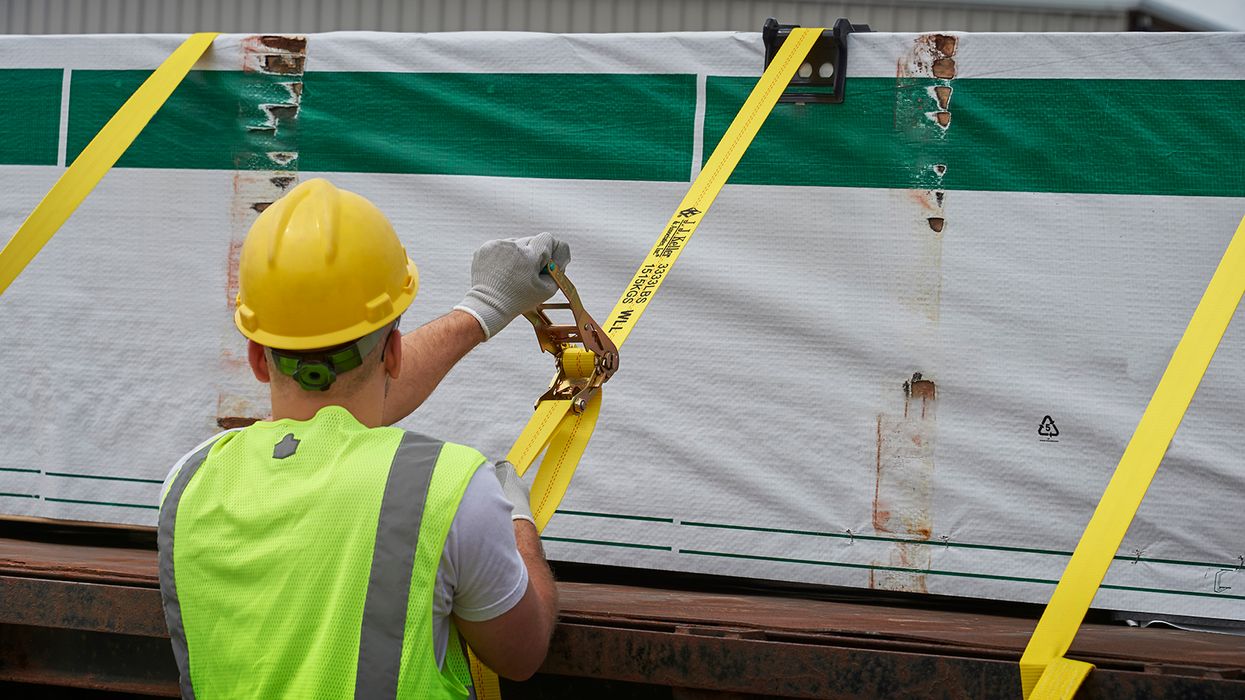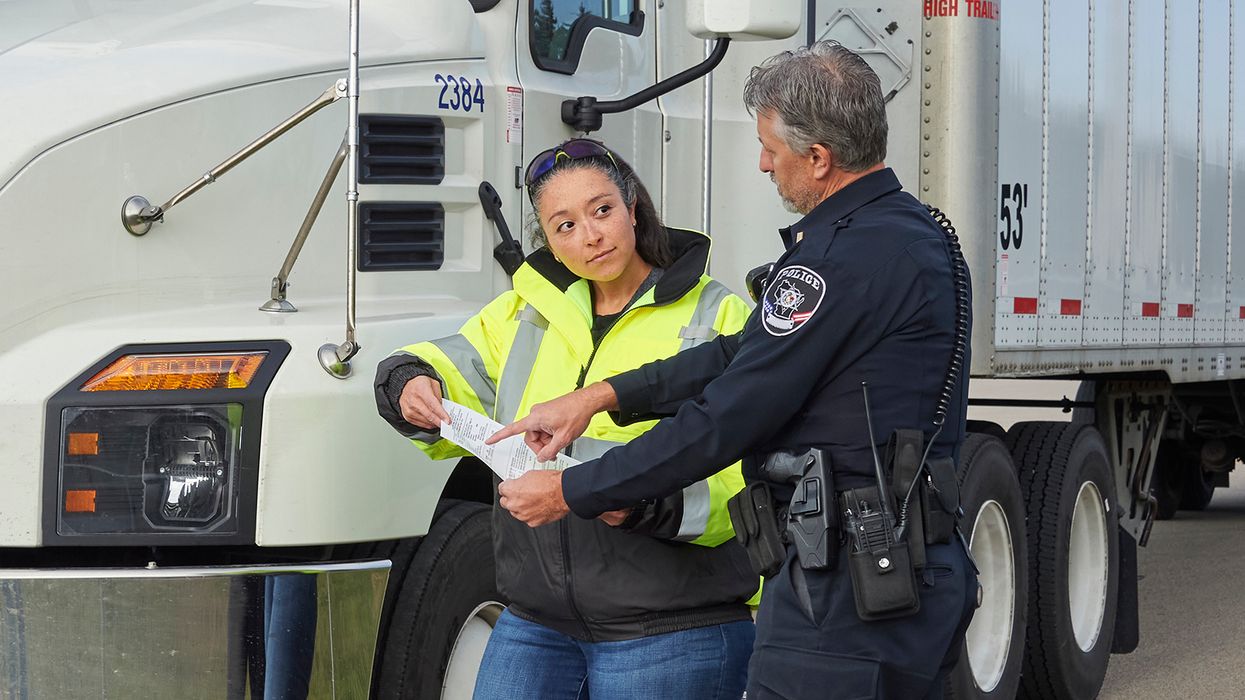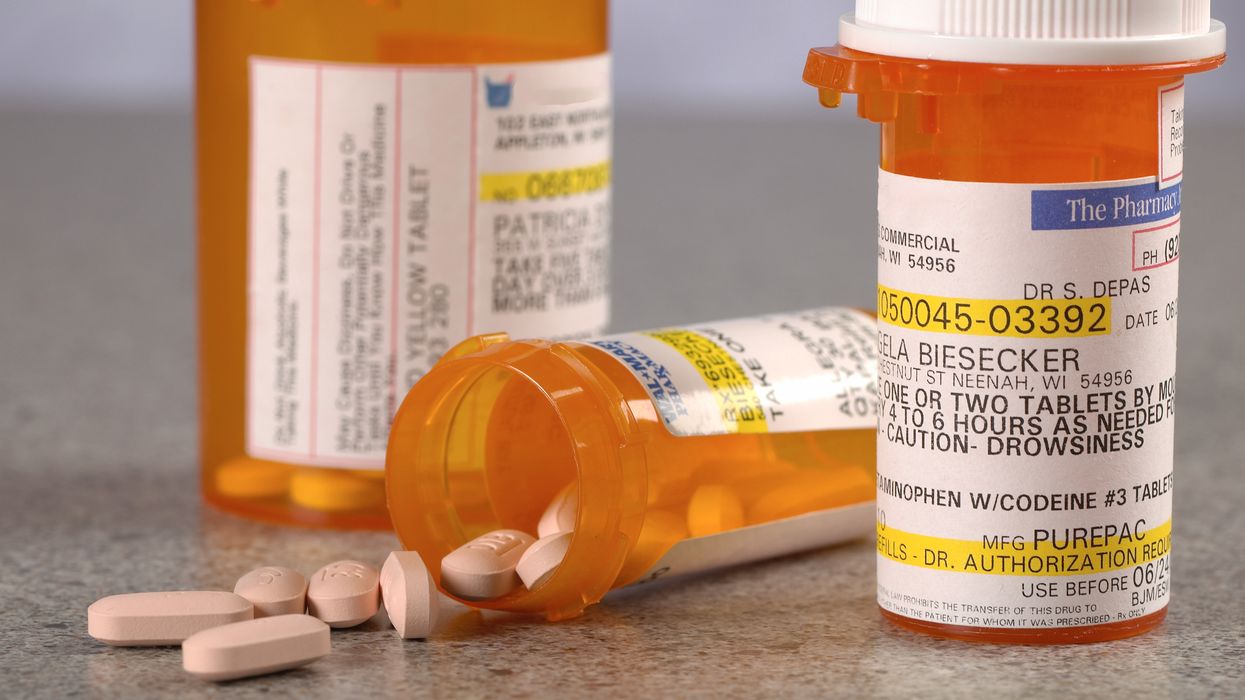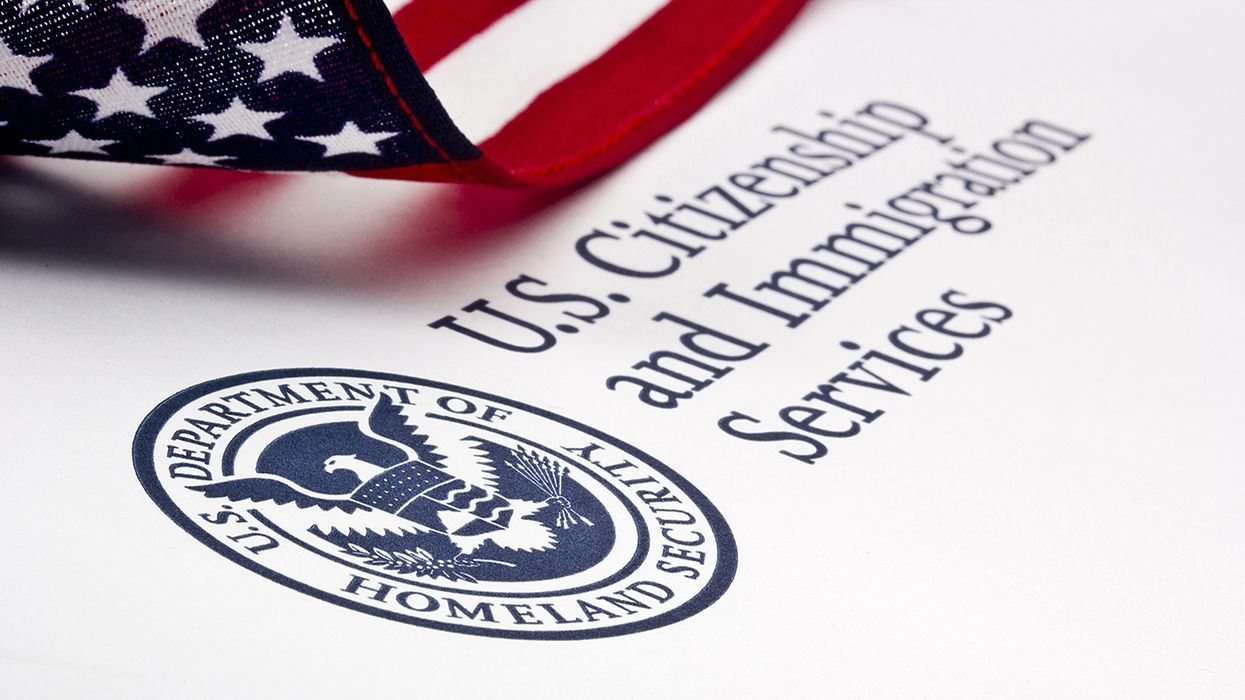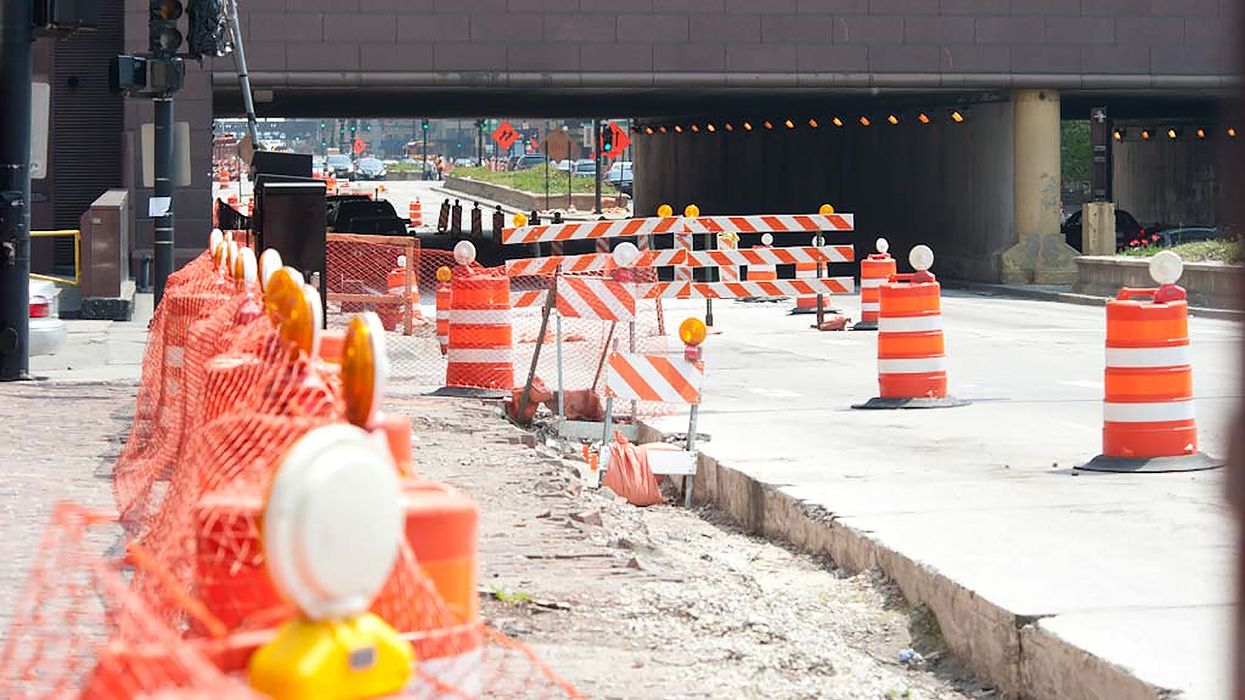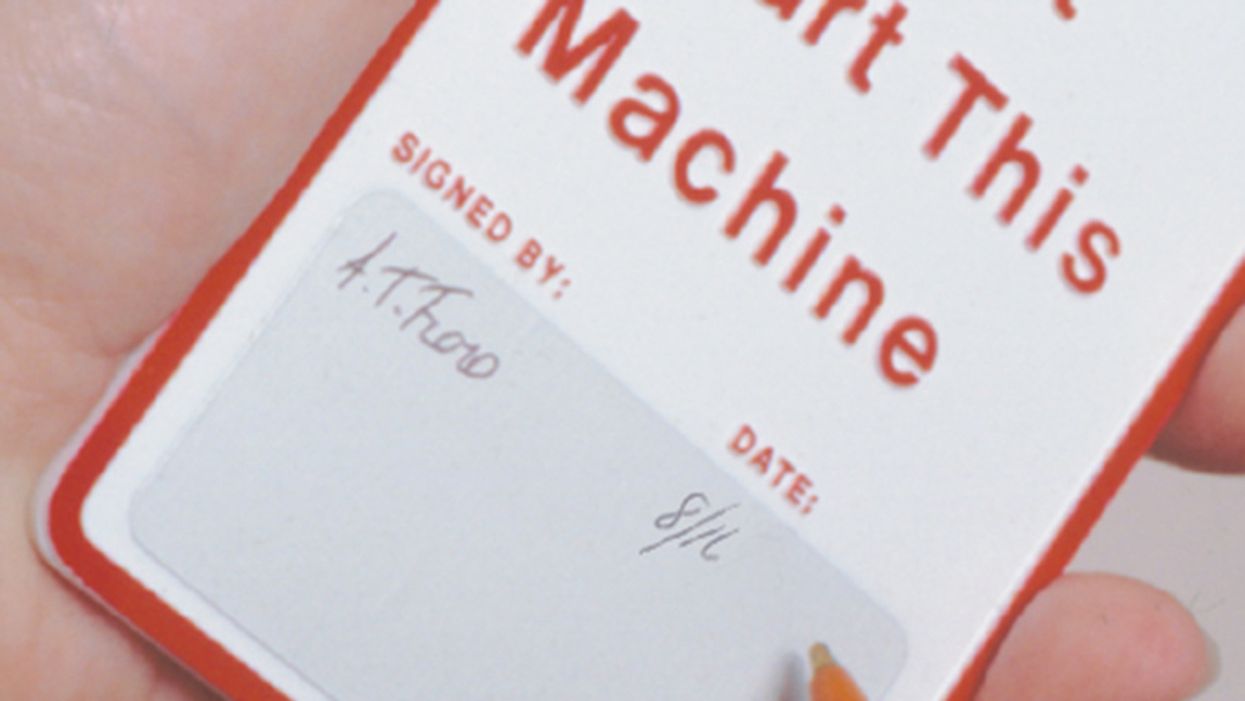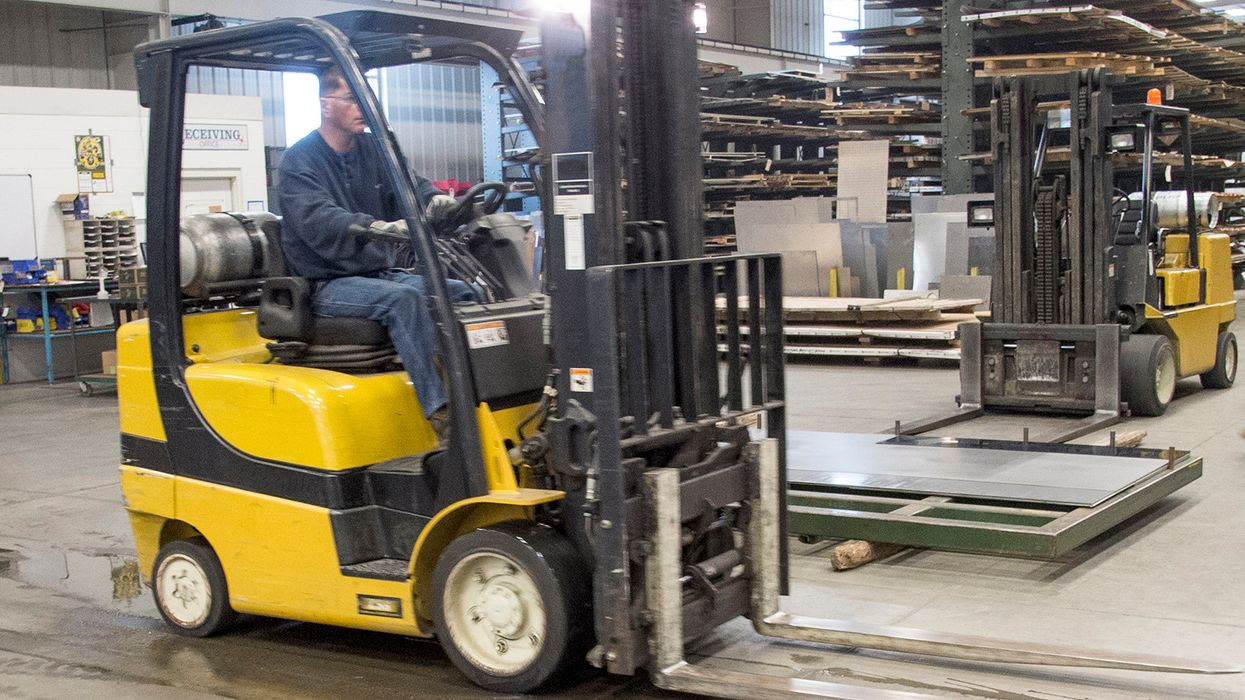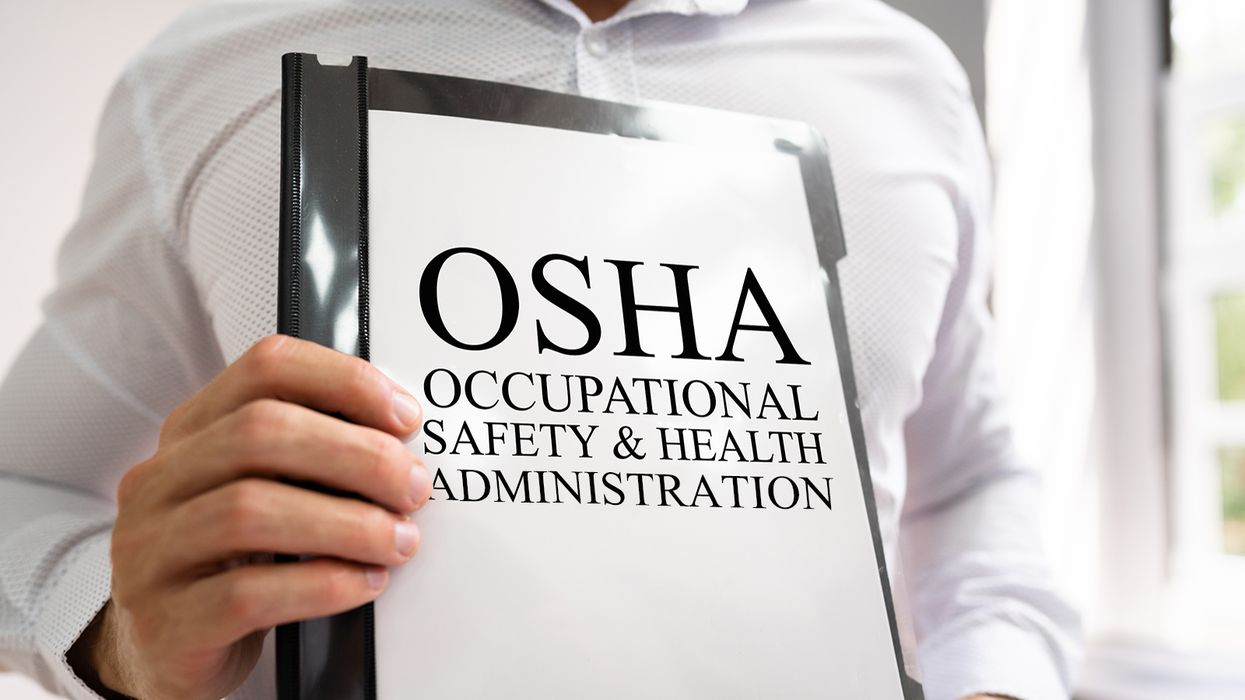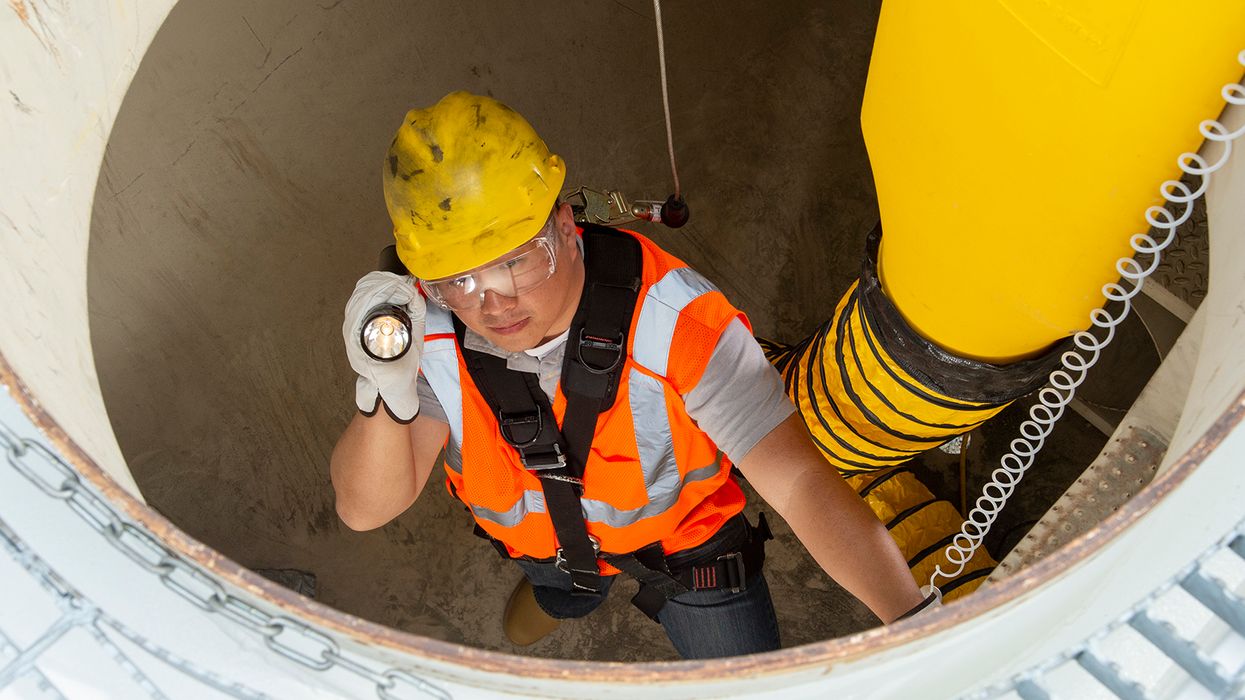New marijuana testing restrictions in effect for 2024: How to handle them
As of January 1, California and Washington have new marijuana laws that restrict testing for the drug.
Both states, which have legalized recreational and medical use, put limits on pre-employment testing for cannabis at the start of the year.
Washington’s rationale for the new law is that a pre-employment marijuana test limits job opportunities for those who use cannabis, because an applicant will test positive for up to 30 days after using it. The new law is designed to prevent the restriction of job opportunities based on an applicant’s past cannabis use.
California’s law notes that a test for marijuana detects past use of the drug, but does not prove whether or not an individual is impaired by it. Its protections are broader than Washington’s, and apply to employees as well as applicants. As a result, they also restrict reasonable suspicion, post-accident, and random marijuana tests.
Testing restrictions in California and Washington
The new state laws take aim at tests measuring nonpsychoactive cannabis metabolites. These metabolites are created by the body after cannabis is smoked or consumed in an edible.
Their presence indicates that cannabis has been used, but the fact that they are present does not prove at a person is impaired by the drug.
The laws do not allow employers to make employment decisions based on marijuana tests that show the presence of nonspychoactive cannabis metabolites. While tests that do not detect these metabolites are technically allowed, from a practical standpoint they are difficult to find.
Current drug tests that detect the presence of THC (the chemical in marijuana causing impairment) are likely to detect nonpsychactive metabolites as well. Other tests that rely on baseline performance to prove impairment would be difficult to use for applicants, as there would be no previous information to use for comparison.
Exceptions to state laws
Both states have exceptions that allow employers to conduct marijuana tests under certain circumstances.
Washington’s restrictions do not apply to:
- A position requiring a federal government background investigation or security clearance.
- A position with a general authority for a Washington law enforcement agency.
- A position with a fire department, fire protection district, or regional fire protection service authority.
- A position as a first responder, including a dispatcher position with a public or private 911 emergency communications system or position responsible for the provision of emergency medical services.
- A position as a corrections officer with a jail, detention facility, or the department of corrections.
- A position in the airline or aerospace industries.
- A safety-sensitive position for which impairment while working presents a substantial risk of death. (These positions must be identified by the employer prior to the applicant’s application for employment.)
- Testing under state or federal laws requiring an applicant to be tested for controlled substances.
California’s law allows marijuana tests for:
An employee in the building and construction trades.
Applicants or employees hired for positions that require a federal government background investigation or security clearance in accordance with regulations issued by the U.S. Department of Defense or equivalent regulations applying to other agencies.
Testing conducted under state or federal laws requiring applicants or employees to be tested for controlled substances.
3 steps for employers to take
To make sure workplace drug testing in California and Washington is conducted appropriately, employers should:
Update pre-employment drug testing policies in California and Washington so they comply with the new laws.
Identify positions that are exempt from testing restrictions. When a position qualifies for an exception, make applicants aware that that marijuana testing will be conducted.
Train hiring managers and supervisors about the new requirements. Make sure they understand when marijuana testing is not allowed.
Key to remember: California and Washington have new marijuana testing restrictions that are in place as of January 1. Workplace policies and practices need to be updated to comply with the new laws.

